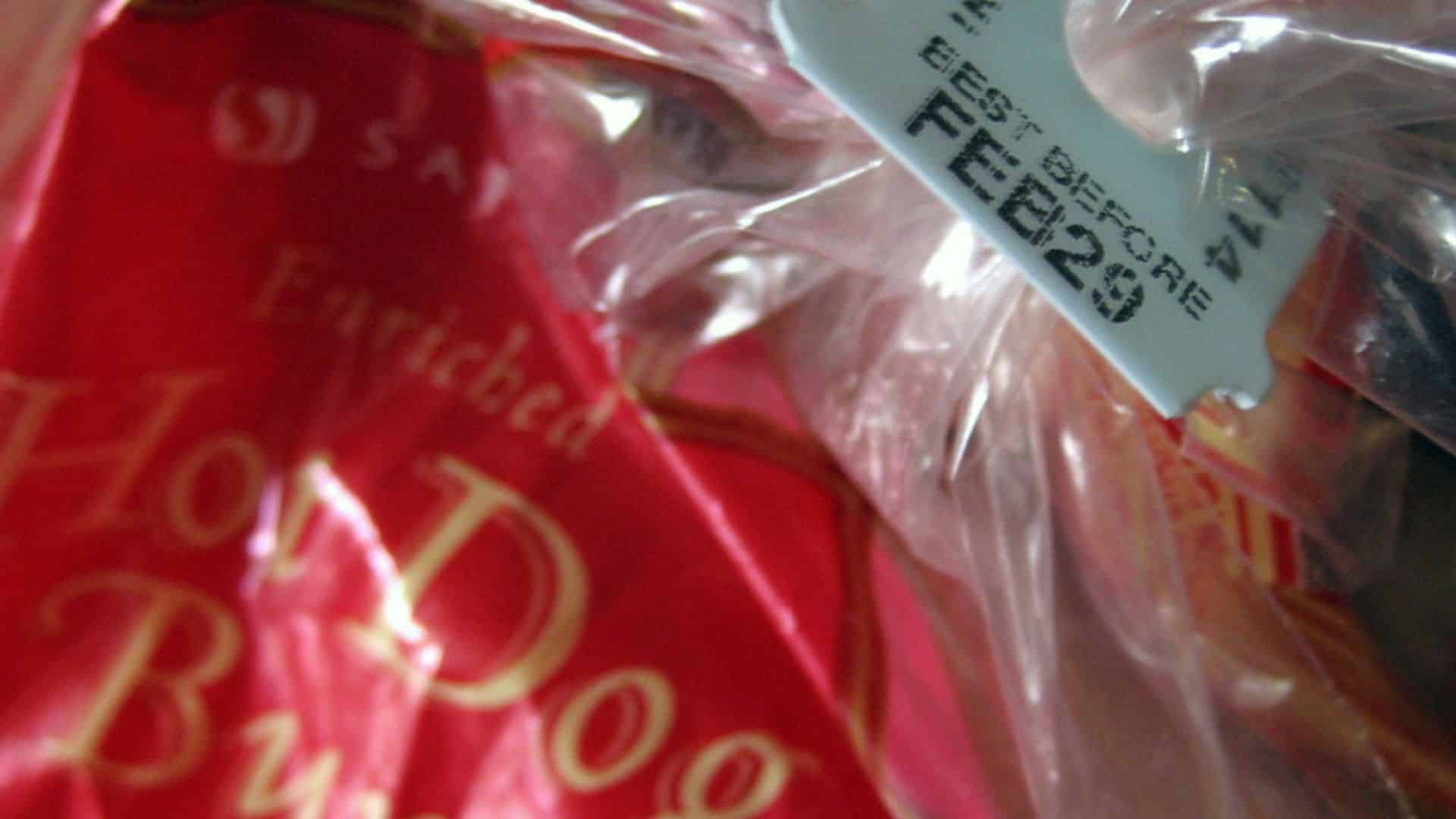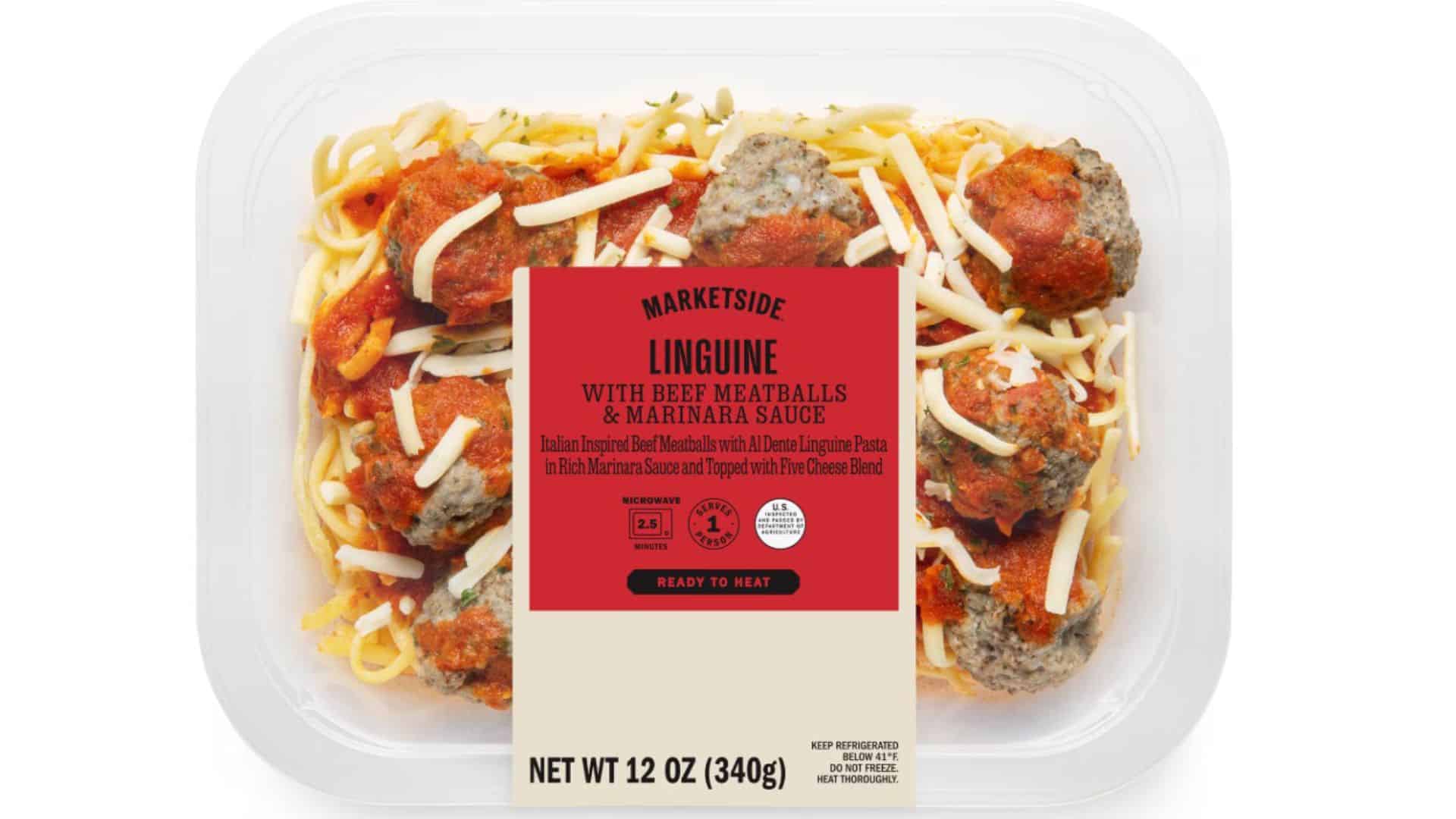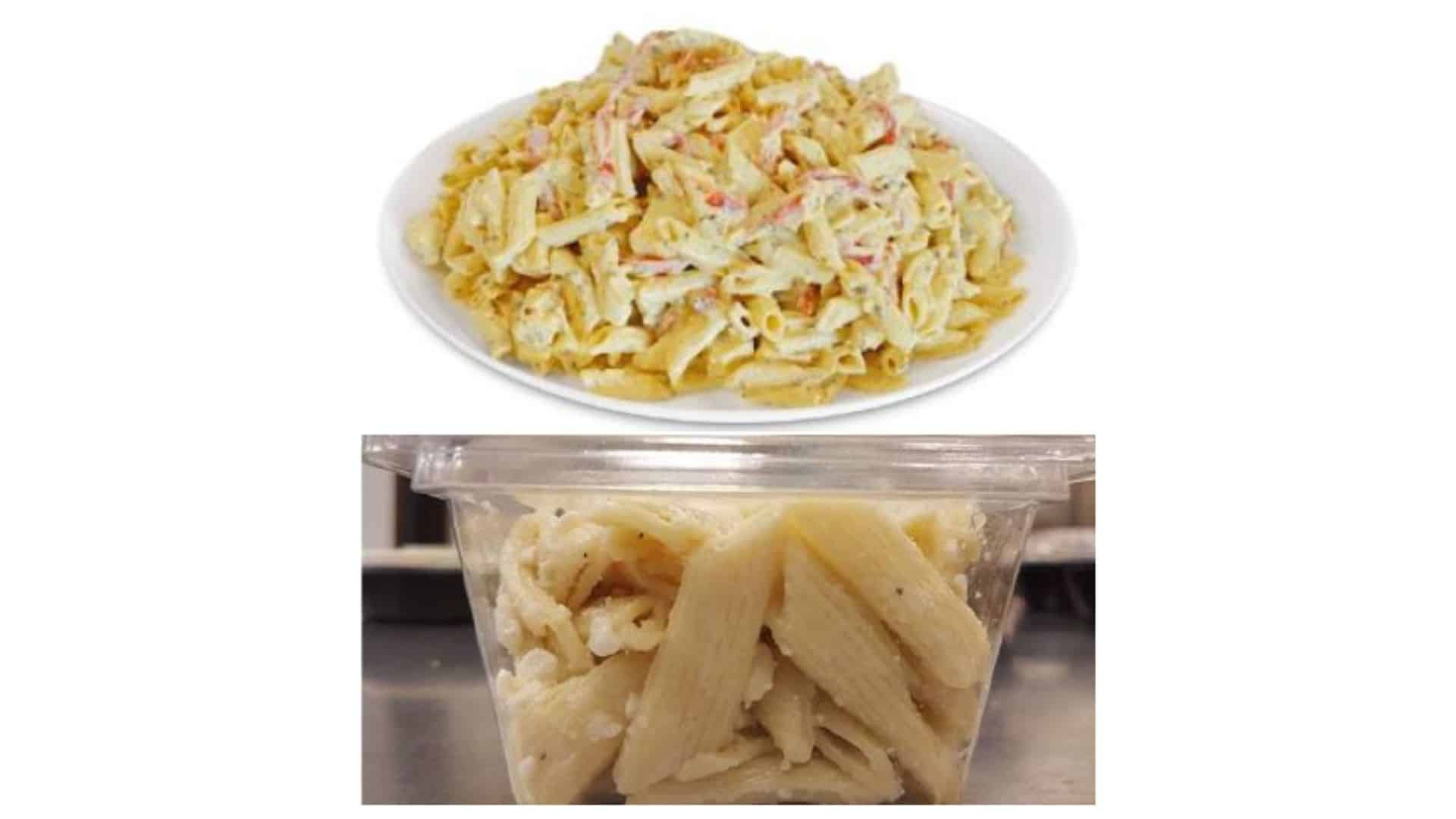20 Cases of Illnesses Related to Listeria Outbreak in Products Sold at Walmart, Trader Joe’s, and More


A recent multistate Listeria outbreak has gained lots of attention after health officials linked 20 illnesses to contaminated food products sold at major retailers. The outbreak has prompted recalls and public health alerts across the country.
What is Listeria

Listeria monocytogenes is a bacterium that can infect food and cause an illness called listeriosis. It thrives in cool, moist environments, which makes ready-to-eat and refrigerated foods especially vulnerable. It can impact healthy people, but higher-risk individuals include pregnant women, older adults, and those with weakened immune systems.
Health Concerns

Symptoms of listeriosis include fever, muscle aches, headache, nausea, and diarrhea, sometimes followed by more serious complications like stiff neck, confusion, or loss of balance. Linking the illness to these symptoms can be difficult because the onset of symptoms can be as long as multiple weeks. In this outbreak, 19 hospitalizations and 4 deaths have been reported, showing just how dangerous Listeria can be.
Which Products Are Impacted

The products under scrutiny are ready-made pasta meals sold in refrigerated or frozen sections, including dishes with pasta, beef meatballs, marinara sauce, or chicken alfredo. Among the impacted brands are Marketside Linguine with Beef Meatballs & Marinara Sauce and Trader Joe’s Cajun Style Blackened Chicken Breast Fettuccine Alfredo.
How Widespread Is the Recall?

The recall and health alerts span multiple states, since these products were sold and shipped to major chains all over the country. The affected items carry specific establishment numbers and best-by dates, making it possible to identify whether a particular product is impacted and should be disposed of.
Which Stores Are Impacted

The affected products were sold or distributed in Walmart, Trader Joe’s, Kroger, and Albertsons. In some cases, recalls were voluntary, but in others, health agencies issued formal warnings. Walmart has already removed implicated items, and Trader Joe’s has advised customers to discard or return affected meals for refunds.
Tracing it back to the Start

Investigations traced the contamination back to pre-cooked pasta supplied by a company called Nate’s Fine Foods. Whole genome sequencing linked the strain found in products to the same one causing illnesses. Ingredients used in the pasta meals (rather than final processing) appear to be the origin of cross-contamination in this outbreak.
What Should You Do?

If you’ve purchased any of the recalled meals, public health authorities recommend you don’t consume them. Either throw them away or return them to the store for a refund. Clean your refrigerator, utensils, and surfaces that might have come into contact with the product.
Precautions & Advice

It’s important to stay alert to future recall notices and cross-check product numbers, dates, and codes before using refrigerated or frozen ready meals. Keep high-risk foods separated and prioritize heating meals to proper internal temperatures. Regularly sanitize fridge surfaces and discard items that look suspicious or past their dates.
Conclusion

This outbreak emphasizes how even convenient, packaged meals can carry hidden food safety risks. The 20 reported illnesses and multiple deaths remind us that Listeria remains a serious threat, especially when contamination enters the supply chain at the ingredient level. By staying informed, handling food cautiously, and acting swiftly on recall alerts, consumers can remain safe and healthy.
